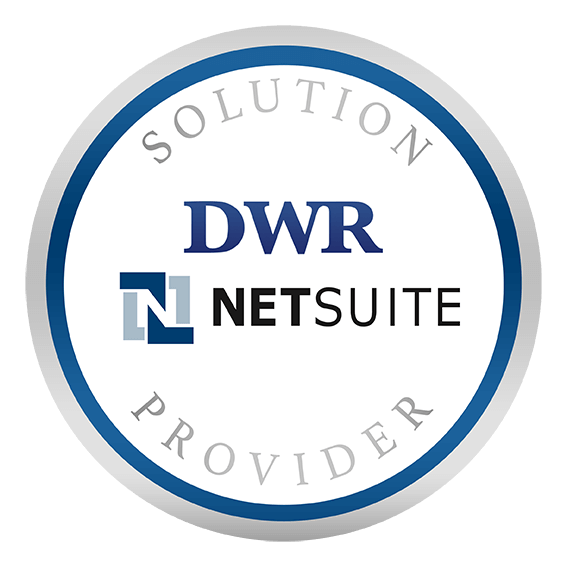Be the Innovator not the Laggard; The Advantages of Joining Cloud Now
By | March 10th, 2015
It seems that everywhere we turn these days we’re faced with smaller, slimmer, faster technology. It’s all around us. It’s on our wrist, in our pocket, on billboards and bus shelters. The digital age isn’t just this imaginary concept that business people think about and conceptualise, it’s truly become part of our every waking minute.
One of the latest and greatest we’ve all been hearing about is the Cloud. It’s been in the news for some time but what does it actually do? It seems as if it’s an enigma – everybody is talking about it but not many people know what it actually is, let alone the benefits it can bring to a business or organisation.
Essentially, the Cloud allows you to set up what is essentially a virtual office. It gives you the flexibility and the freedom of connection to your business at any time or place. Because technology has evolved so much, almost all devices have web enabled capabilities, allowing you to access all of your business information with ease.
Here are the top five benefits moving to the Cloud can give your company:
Consistency
Accurate, clean and relevant data is the lifeblood of every business. You can make informed, accurate decisions if you have reliable information that is also delivered in a timely and consistent manner. Conversely, data that needs to be double handled, is inaccurate, unclean and unreliable is a recipe for disaster.
Rolling out a powerful Cloud based business platform allows you to set and enforce workflows that all users must follow. It allows you to create your own “best practice” standards across every aspect of the organisation. And the beauty of Cloud systems is that if any of these procedures need to be tweaked so the process is even more efficient, the flexibility and configurability of the system accommodates such change with ease.
Efficiency
One word. Collaboration. Cloud allows you to streamline processes, meaning you can get more work done but by using less people. Because it’s a collaborative network, you are able to access data and information at any time from anywhere, as well as choosing who gets to see it. If you want your entire business or your key customers to see it they can. If you don’t want anybody to see it you can do that too.
Only when all areas of the business are aligned can you minimise your cost base and maximise profitability. There are several important business processes that you may encounter in your daily operations including invoice generation, accounts payable, shipping and sales reconciliation that should really be completely automated. A truly automated business allows you to keep headcount down or re-deploy staff to higher value activities. Automation also improves cash-flow to help your businesses innovate and grow.
Control
By utilising and taking advantage of standardised services, businesses can significantly reduce issues and defects that can take place in their system. Having to deal with these problems can seriously decrease business continuity and reduce time spent on operational issues.
However, Cloud computing allows you to deploy the same service or topology of services repetitively, with the same result every time. This means that businesses are able to predictably deploy application services using the most efficient and advanced technology of our age.
Speed & Visibility
One of the biggest and worst points of many mergers is the fact that it can take many months or even years to bring data and records from one system into the other. Even government agencies face this problem, despite the access they have to everything. Today there are agencies who have their employees manually coding information from one system to another instead of actually doing their job. However, with Cloud systems the transition is much faster.
The Cloud ensures your systems continue to function well even if your business changes. Typically, a growing business will increase in size or volume either organically or via acquisition. The architecture of Cloud based software means scalability is a built in feature for Cloud deployments.
Reduced IT costs
Not only do Cloud systems deliver increased efficiency, visibility, control and consistency but they do it economically. Savings are achieved by eliminating the investment in stand-alone software or servers. Because Cloud’s capabilities are leveraged, companies can save on licensing fees and at the same time eliminate overhead charges. Things such as the cost of data storage, software updates and management, are all charges that are included in most Cloud solutions.
In general Cloud is available at much cheaper rates than traditional ‘on premise’ software. The Cloud also delivers better cash flow by eliminating the capital expense associated with developing and maintaining the server infrastructure.
So what’s the next step?
If you want access to your core operating platform system anywhere, any time on any web-enabled device with 99.9% uptime and world class data security (many government departments and banks use the cloud) along with all the other benefits listed above, you should be seriously thinking of moving to the Cloud.
The way in which business is conducted is evolving. It’s no longer the evolution of technology but the evolution of an entire sector of the Australian community. As technology and data enhance the operating model, businesses are able to think bigger and better. There is so much that can be achieved just by a simple software upgrade.
If you have any questions or would like to have a chat, feel free to send me an InMail and I’ll be happy to give you a call or meet up for a coffee.
SuperAdmin
Latest posts by SuperAdmin (see all)
- The true meaning of EOFY … End Of Functional Yearning - July 30, 2016
- Is your business suffering from MacGyver Syndrome? - July 20, 2016
- Pimp my software … said no-one, ever - July 20, 2016












